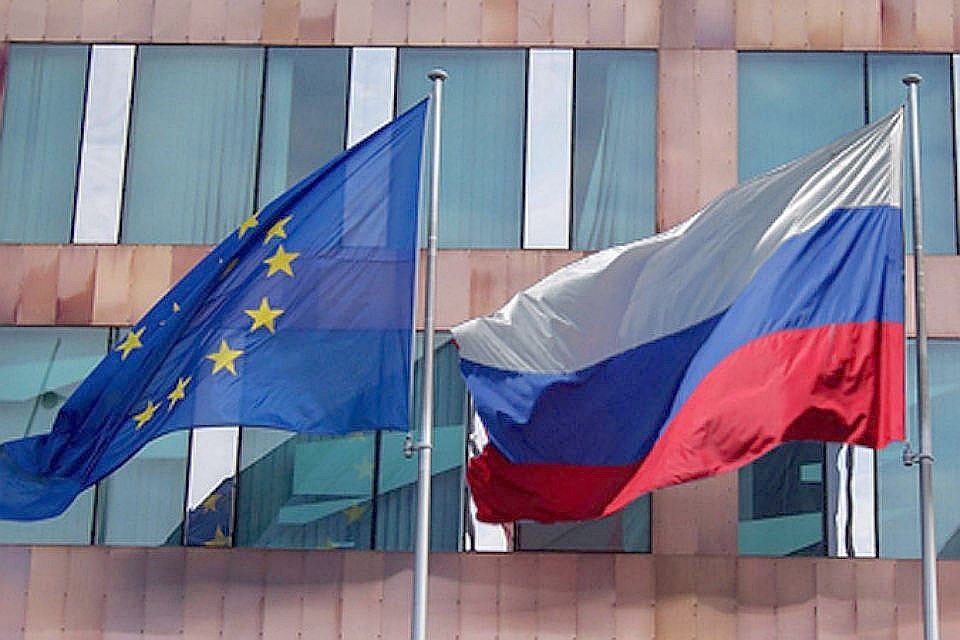EU Council removes Nord Stream 2 legal hurdles
The European Commission has proposed to extend EU internal energy market rules to cover offshore gas pipelines. But the legal services of the Council – representing EU member states – has opposed the EU executive’s legislative proposal.

The Commission sees Russia’s plan to double the gas it could pump under the Baltic Sea to Germany, bypassing traditional routes via Ukraine, as undercutting EU efforts to reduce dependence on Moscow and its support for Kyiv.
Under proposed changes to the gas directive, all import pipelines would have to comply with EU rules requiring pipelines not be owned directly by gas suppliers, non-discriminatory tariffs, transparent operations and at least 10% of capacity be made available to third parties.
The European Commission is proposing to extend EU internal energy market rules to cover offshore gas pipelines, an EU document shows, in its latest attempt to regulate Russia’s planned Nord Stream 2 pipeline to Germany.
The Nord Stream 2 project, fully owned by Russia’s gas export monopoly Gazprom, is far from complying with the EU’s so-called third energy package rules. Russia has challenged these rules with the World Trade Organisation.
In particular, legal certainty is needed regarding the off-shore section of the pipeline, given that part of it, including its only entry point, lies outside EU jurisdiction.
According to leaked documents obtained by EURACTIV.com, the Council’s legal service believes that the EU does not have jurisdiction to apply energy law on unbundling, transparency, third-party access and regulated tariff to pipelines crossing the Exclusive Economic Zone (EEZ) of member states.
According to the Council legal service, the application of the Gas Directive to the EEZ would be contrary to Articles 56 and 58 of the United Nations Convention on the Law of the Sea (UNCLOS).
The Council legal service also criticises the Commission’s draft by stating it “lacks any reasoning on the regulatory power of the Union over offshore pipelines in the EEZ”.








